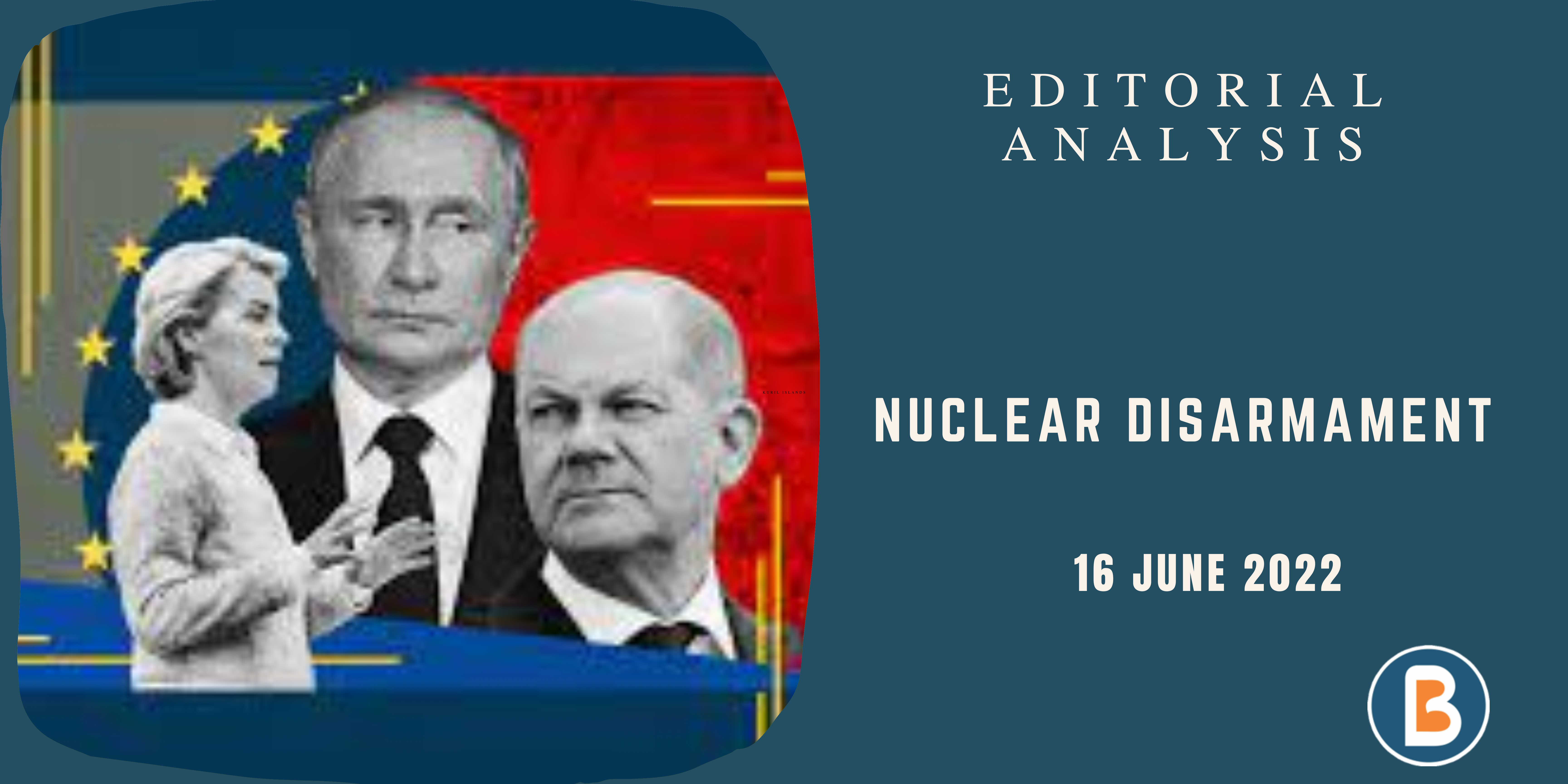WTO’s Investment Facilitation Negotiations
Context:
Recently, the 13th Ministerial Conference (MC13) of the World Trade Organization took place in Abu Dhabi, UAE.
- It marked a significant milestone with the non-adoption of the agreement on investment facilitation for development (IFD).
- The aim of this agreement was to create legally binding provisions to facilitate investment flows with support from a majority of WTO member countries.
Relevance:
GS – 2 (Bilateral Groupings & Agreements, Important International Institutions)
Facts for prelims:
- Investment Facilitation for Development (IFD): The agreement aims to improve the investment and business climate and to make it easier for investors in all sectors of the economy to invest, conduct their day-to-day business and expand their operations.
- WTO Ministerial Conference: It the highest decision-making body of the WTO that consists of gathering of representatives from member countries of the World Trade Organization (WTO). The conference convenes once in every 2 years.
- General Agreement on Tariffs and Trade (GATT): It was an international trade agreement signed by 23 nations in 1947. It came into effect on January 1, 1948.
- Its objectives were:
- To liberalize trade by reducing tariffs and reducing quotas among member countries.
- The member nations had to remove all the trade discriminations.
- The 7 rounds of negotiations from 1947 to 1993 reduced average tariffs on industrial goods from 40% to 5%. The steps taken at GATT led to economic globalization.
- GATT was replaced by WTO in 1995.
- Uruguay round of GATT negotiations started in September 1986, and it concluded on 15 April 1994 after nearly 8 years of negotiations.
- This culminated in the formation of the World Trade Organisation (WTO).
- Its objectives were:
Dimensions of the Article:
- Outcomes of WTO’s 13th Ministerial Conference
- India’s opposition to the IFD
- Solutions and Way forward
Outcomes of WTO’s 13th Ministerial Conference:
- New Members Welcomed: At the 13th Ministerial Conference of the WTO, ministers embraced the inclusion of two least developed countries- Comoros and Timor-Leste into the organization.
- The current status of membership is 166 countries.
- Revamping WTO Operations: Ministers approved for ongoing initiatives that revamps the operational framework of the WTO. These efforts target the enhancement of council, committee, and negotiation group functions to bolster organizational efficiency and accessibility to dispute settlement mechanisms by all member states by 2024.
- Continuing E-Commerce and IP Moratorium: Ministers agreed to prolong the e-commerce moratorium until MC14 or March 31, 2026. It even extended the moratorium on TRIPS non-violation and situation complaints.
- Addressing COVID-19 Challenges: Special provisions facilitating compulsory licenses for COVID-19 vaccines were enacted at MC12. Additionally, measures to optimize special and differential treatment provisions were adopted.
- Progress in Plurilateral Ventures and Sustainability: MC13 saw advancements in plurilateral endeavors such as the Investment Facilitation for Development (IFD) and the adoption of agreements concerning the domestic regulation of services.
India’s opposition to the IFD:
- India’s opposition to the IFD agreement stems from fundamental reservations regarding the nature of investment within the WTO.
- While investment is integral to international trade, India contends that it is distinct from traditional trade activities.
- The absence of a mandate for multilateral negotiations on investment issues further complicates the legitimacy of the IFD agreement.
- India argues that the negotiation process and subsequent text of the IFD agreement lack the requisite consensus among WTO members, raising questions about their legality.
- Moreover, India’s apprehensions extend beyond the substantive provisions of the IFD agreement to the broader implications of plurilateral agreements within the WTO.
- The lack of clarity regarding the scope of the negative mandate on investment negotiations and the applicability of consensus requirements to plurilateral negotiations contribute to the ambiguity surrounding the IFD agreement.
Solutions and Way Forward:
- India being one of the prominent member of the WTO should engage in a dialogue with other WTO members to clarify the scope and limitations of plurilateral agreements, particularly in the context of investment facilitation.
- India’s concerns regarding the procedural legitimacy of the IFD agreement underscore the importance of enhancing transparency and inclusivity in WTO negotiations. Moreover, exploring alternative avenues for advancing investment facilitation, like regional trade agreements and bilateral investment treaties, can complement efforts within the WTO framework.




